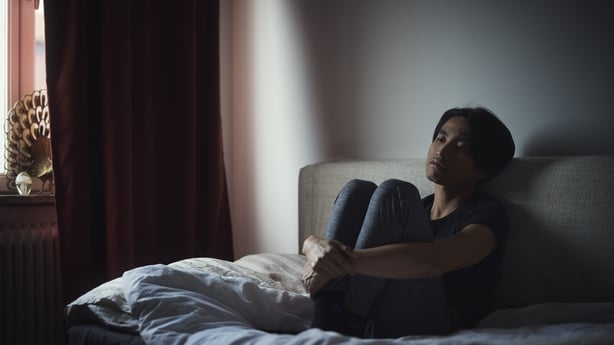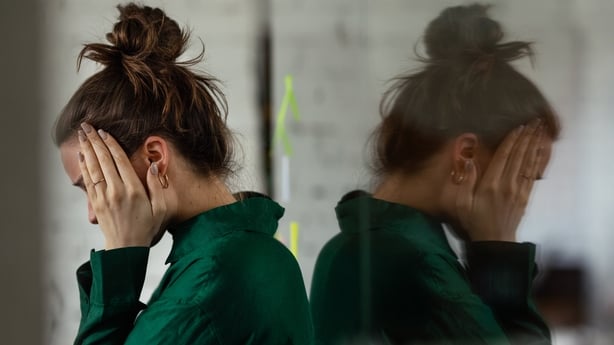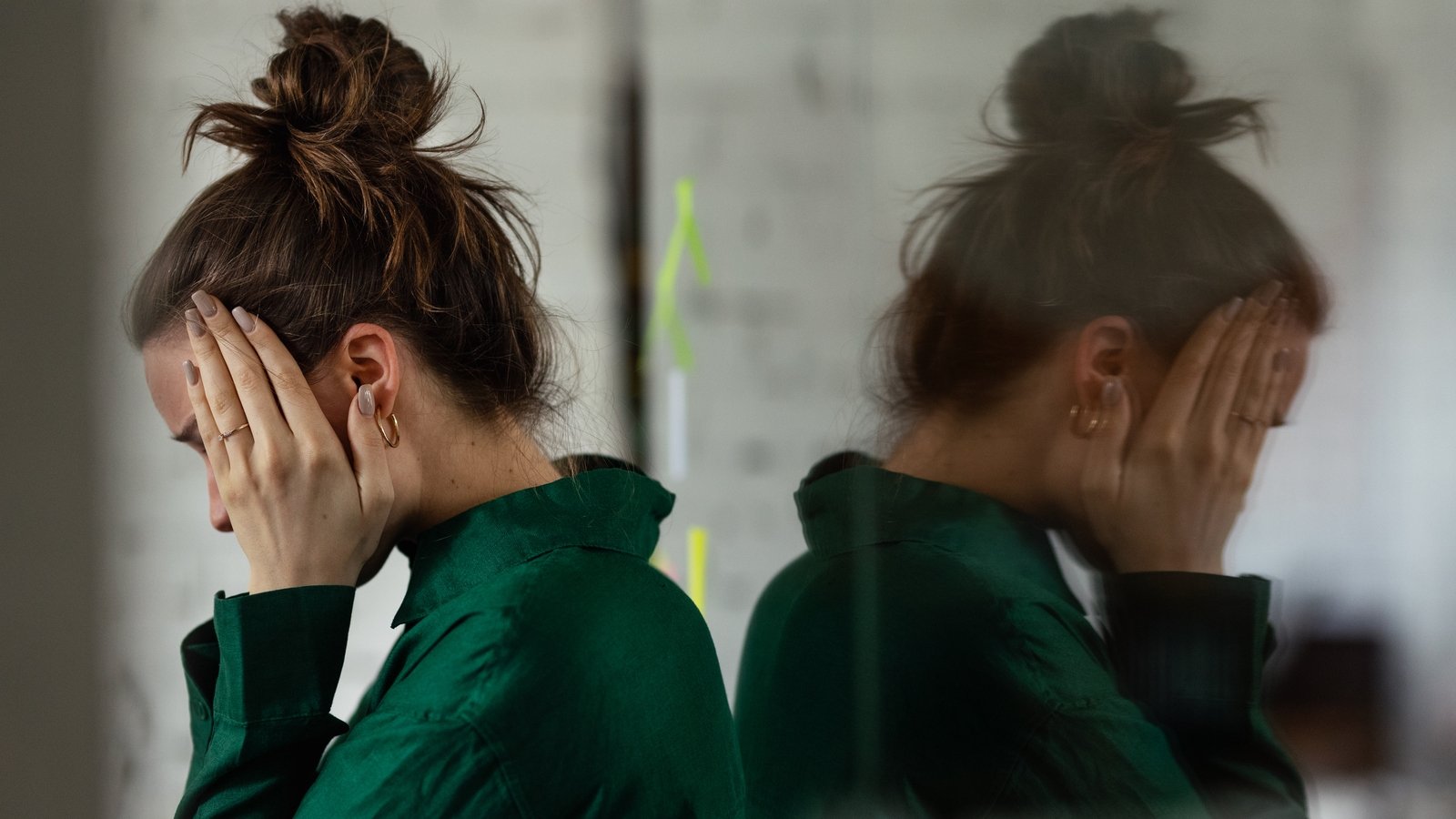Grace Cahill, founder of Studio Grace, tells Dearbhail how Obsessive Compulsive Disorder has affected her life.
Event designer Grace Cahill has a personal motto: “courage, not comfort”. Grace, who has Obsessive Compulsive Disorder, spoke to Dearbhail McDonald – sitting in for Brendan on RTÉ Radio 1 – and explained what her motto means:
“For so long I was afraid, you know, I lived in sort of fear, and that was my comfort. The fear felt like comfort because, if I don’t do it, I’m in my comfort zone.”
Then she took the huge step of leaving her job and striking out on her own:
“I feel like you know, having the courage to do that has brought me here. Because I got my diagnosis after that, and I feel a million times better, I feel way more confident, I feel I can take on really anything.”

For Grace Cahill, OCD didn’t just mean having intrusive thoughts and craving structure, it also came, she told Dearbhail, with physical compulsions:
“I did – and I still do – skin pick a lot. And I think my face really suffers because it’s right here […] I’ve a big head of hair, I’ve real kinky hair, so I would like pick from here a lot and then pick from here like you couldn’t see it, so that would like, you know, give me a bit of comfort.”
There is, Dearbhail suggests, a paradox at the heart of some of the compulsions to seek comfort because it can end up being destructive. Grace agrees:
“It’s like cause and effect, really. In that moment, it’s giving you comfort, and then afterwards, you’re annoyed at yourself. But I think now I have that sort of brainpower, and I have the tools to kind of help me. But like, throughout my twenties, you know, I never knew that I was struggling with this, it was part of my life.”

In college, Grace was hyper-aware of the fact that she would do things that she had no control over, but at the time, she thought that everybody else did the same thing:
“I knew that they were there, I just didn’t know that everyone else didn’t do them. You know, it was part of my brain. Now I have the capacity to go, ‘I can’t, I shouldn’t do that because I’ll feel worse afterwards.’ I have the tools, I have the medication, I have the knowledge. But I didn’t then.”
Dearbhail wonders how her OCD affects Grace in her everyday life, and Grace has an evocative description of what it’s like when the disruptive thoughts come calling:
“They are like, I would say, like twenty tabs open as soon as you wake up. Like, do you open your laptop and look at those twenty tabs and give them headspace, or do you close them down? And now I understand what’s happening when this happens to me.”
Before she got her diagnosis in 2023, Grace just thought that hardship and struggle were part of everyday life. And Dearbhail wondered how she felt, having got her diagnosis in adulthood, about her struggles as a young person who had no idea that she was neurodivergent:
“I think you feel a sense of sadness because you were dealing with so much, and you never knew that. Like I said, you don’t have that education. But yeah, there is a sense of relief.”

Grace’s daughter Sophia was born in 2020 and was a toddler when Grace decided to leave her job as a fashion editor and start her own business in 2023.
She had gone back to work after Sophia’s birth, and she realised that she wasn’t coping and that she needed to pivot professionally and also that she needed help personally. So she turned to her GP:
“I was in that chair, and she just took one look at me, and I was… I could have just melted into the floor, like, I was just, there was nothing left of me. I needed help, and that, she didn’t even flinch. She was just like, ‘This is what we’re going to do and this is what you’re going to take now.’ And I had so many people professionally believing in me, but I just had literally zero belief in myself.”
Was there, Dearbhail asks, a validation when Grace finally got her diagnosis after so long, especially as a lot of women’s experiences involve having their symptoms ignored or minimised for a prolonged period.
Grace believes that there is some validation for her, and it’s changed the way she sees her treatments: “I think now I look at, you know, what I take every day as, you know, it’s not a crutch, it’s chemistry, and I know that I need to take them.”

Since her diagnosis, Grace lives and functions with OCD, rather than trying to struggle against it all the time, and the key to her successfully doing that, she feels, is her understanding of her condition:
“I function with it, but it’s really because I understand it, you know? I know what’s happening. Before, I never did. I would just go down the hole of, you know, I would let it overtake me. It’s like it’s not in the front seat anymore, it’s in the back.”
You can hear Dearbhail’s full conversation with Grace by tapping or clicking above.
If you have been affected by issues raised in this story, please visit: www.rte.ie/helplines.
Visit HSE.ie for more information on OCD.

